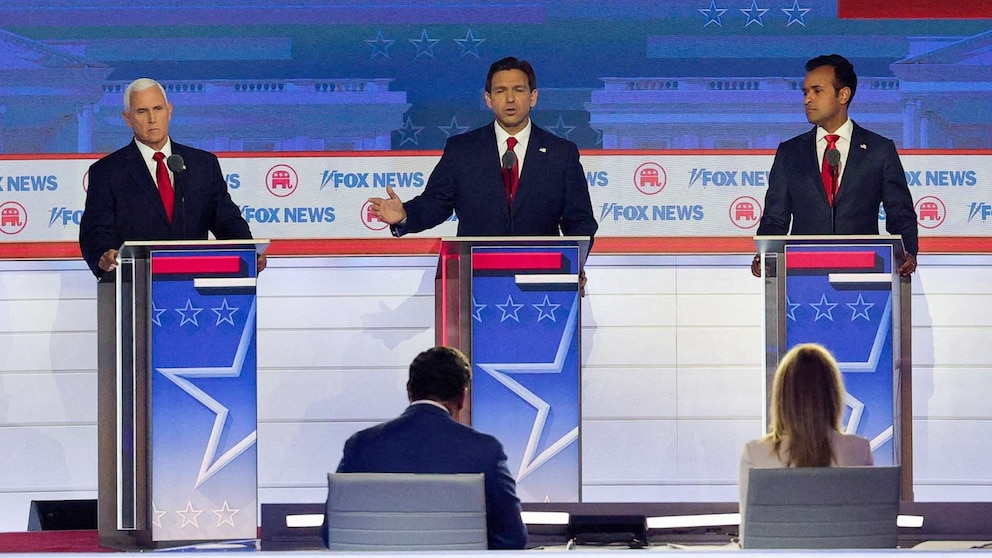At least five of the major candidates, including Florida Gov. Ron DeSantis and former Vice President Mike Pence, have endorsed doing away with the Department of Education, a favorite target at August’s GOP debate.
Businessman Vivek Ramaswamy has gone a lot further. The list of departments he wants to abolish includes not only the Bureau of Alcohol, Tobacco, Firearms and Explosives and Nuclear Regulatory Commission but also the Internal Revenue Service – and even the FBI.
ABC News spoke with half a dozen experts about how eliminating departments would work. They described such pledges as political talking points easier said than done, with some calling the proposals either impractical or unfeasible.
“Some of the implications are either dangerous in terms of the ability of the federal government to fulfill its mission or downright impossible, that is making promises candidates are not going to be able to keep,” said Donald Kettl, a professor emeritus at the University of Maryland and former dean of its school of public policy.
“It’s a long shot,” said Kevin Kosari, a senior fellow at the center-right think tank American Enterprise Institute. “Government agencies have a habit of sticking around.”
The idea of dismantling these agencies isn’t novel. Republicans have long run on the idea that the federal government is too big and needs to be streamlined. Abolishing the Department of Education, in particular, has been a Republican Party goal since the agency was signed into law by President Jimmy Carter in 1979.



When we sell the nuclear secrets to two bit dictators and pocket the billions of dollars through our good-for-nothing son in law, we don’t want any unnecessary regulations. Do we now?